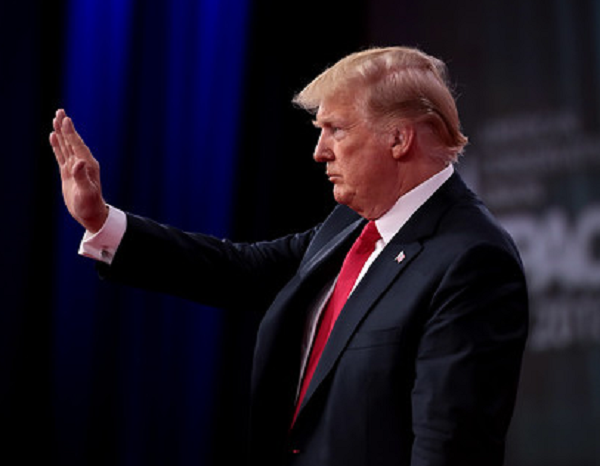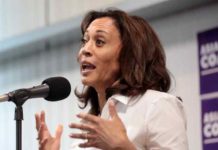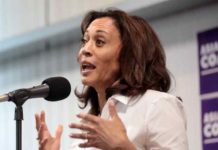Former President Donald Trump’s popularity among average, working-class Americans has been steadily increasing for months. However, a recent survey conducted by The Center Square in collaboration with Noble Predictive Insights reveals that Trump’s lead among this voting demographic has become even more dominant.
The survey, which included 2,573 likely voters, found that Trump’s support is particularly strong among Republican voters earning less than $50,000 annually and those without a college degree. Among all probable Republican and Republican-leaning voters, a significant 61 percent expressed their preference for Trump. In comparison, former U.S. Ambassador to the United Nations Nikki Haley received 13 percent support, while Florida Gov. Ron DeSantis garnered 12 percent. Businessman Vivek Ramaswamy secured 7 percent support, and former New Jersey Gov. Chris Christie, who has since suspended his campaign, only received 2 percent.
Interestingly, Trump’s support remains high across different income levels. Among voters with a household income of less than $50,000, Trump enjoyed the support of 70 percent. In the $50,000 to $100,000 income range, the former president had 58 percent support. Even among those with a household income above $100,000 annually, Trump still maintained majority support at 51 percent. It is worth noting that regardless of income level, Trump’s support surpassed that of all his GOP competitors combined.
This survey highlights the significant backing Trump continues to receive from average, working-class Americans, solidifying his position as a prominent figure within the Republican Party.
“Voters without a college degree backed Trump with 68% support compared with 48% for those with a college degree,” the outlet’s report noted furtherMichael Bitzer, politics department chair at Catawba College in North Carolina, told Center Square: “With the growing diploma gap between the two parties, if college-degree Republicans are softer in their support of the former president come the general election in November, that may pose a challenge for a candidate that believes he can only win his base and secure an electoral victory.”
“The other interesting dynamic is among suburban Republican voters compared to urban and especially rural Republican respondents,” Bitzer said. “Compared to almost two-thirds of urban and rural Republicans supporting the former president, the below 60% of suburban voters supporting the former president in the primary may be another warning signal for the general campaign, since nationally so many suburban areas tend to be the swing areas of deciding November’s election.”.
The chief of research at Noble Predictive Insights added: “Trump’s strength with the working class is a product of policy and persona,” he said. “On policy, he moved the GOP away from supply-side economics and toward tougher immigration policies – the working-class wing of the GOP wanted that for a long time. He made those moves and built unique credibility with working-class voters.”
“Persona is also part of the equation,” Byler said. “We let Trump supporters tell us, in their own words, why they backed him. And a decent chunk of his loyalists said he was tough, a straight-shooter and honest in a way that other politicians aren’t. Not every voter thinks this persona is genuine – but his supporters do.”
President Joe Biden, on the other hand, has consistently emphasized his humble beginnings in the blue-collar sector throughout his political journey. However, in recent years, the Democratic Party led by him has managed to appeal to a broader spectrum of affluent individuals, marking a noticeable shift in their voter base during the past few election cycles.
“Republicans’ grasp on the upper crust of American society is beginning to slip, while Democrats are increasingly becoming the preferred party of America’s elite. And it could cost them their grip on the White House,” Newsweek noted in a June analysis.
“Republicans have appealed to America’s wealthy with a platform that’s long committed itself to lower taxes and fewer regulations for big businesses. However, wealthier Americans are gravitating more toward Democrats, voting blue in the last two presidential elections. And the new appeal to wealthier individuals is creating a divide with a key Democratic voting bloc: blue-collar workers,” Newsweek added.




